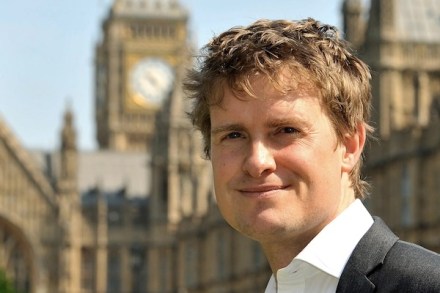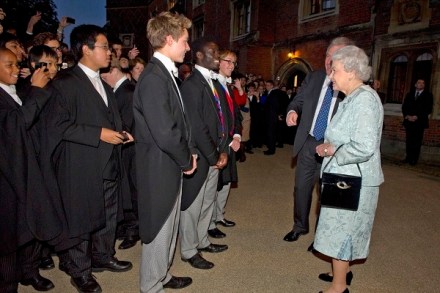Why Michael Gove is the best leader Labour never had
Michael Gove received a surprising amount of support from the opposition benches when he unveiled his GCSE reforms in the Commons on Monday. Among those Labour MPs saying they welcomed his proposals were David Blunkett, Barry Sheerman and, most unexpectedly, Diane Abbott, who said that they would particularly benefit working-class and black minority ethnic children. ‘Mr Speaker, I’m in love,’ said the Secretary of State for Education. ‘The honourable lady is absolutely right. If I had been a member of the Labour party, I would have voted for her as leader.’ Listening to this exchange, I couldn’t help but turn this hypothetical on its head: if Michael Gove had been

















